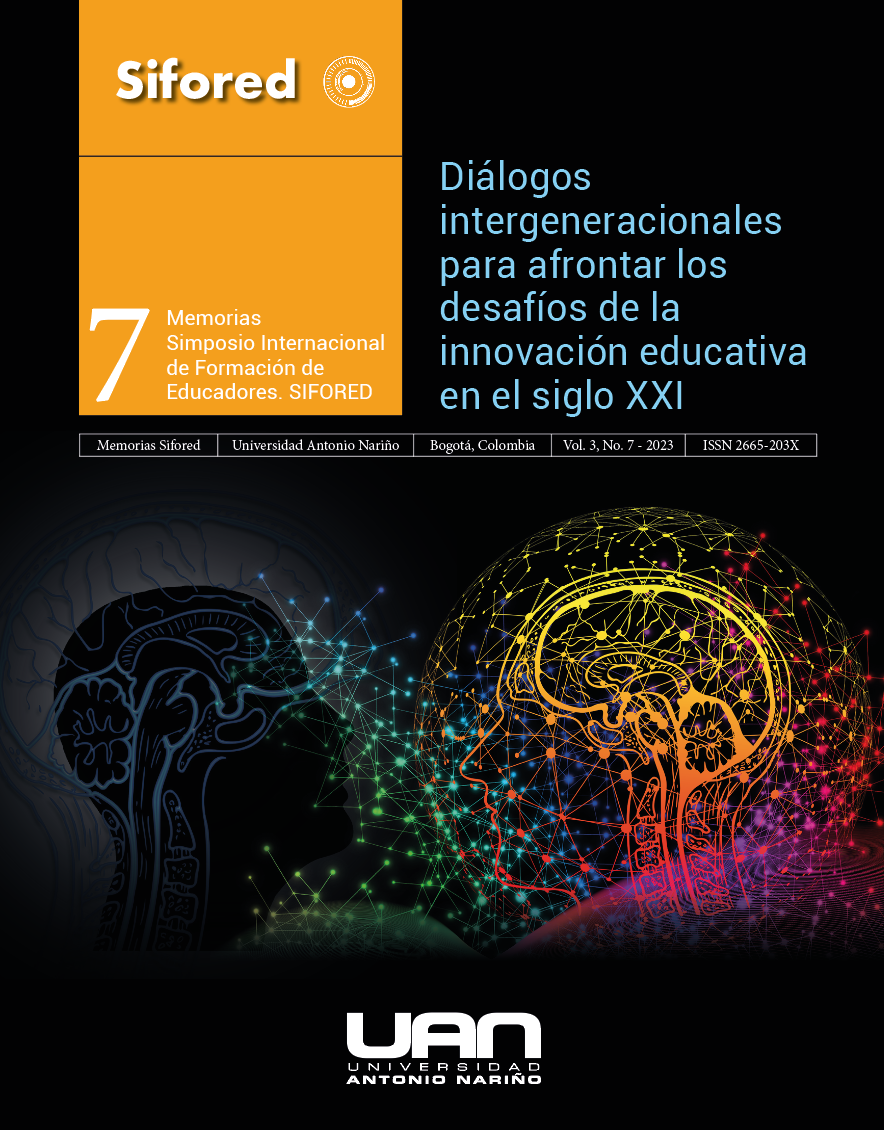Percepción y efectos del uso de las TIC en la educación superior: Un análisis comparativo entre educación presencial, híbrida y en línea
Keywords:
ICT, face-to-face education, hybrid education, online education, educational fieldAbstract
This research presents an analysis of three educational modalities used in official institutions with the university as the main focus. We seek to answer the perceptions of student teachers about these modalities, taking into account their previous definition of the face-to-face, hybrid and virtual modalities, as well as their experiences studying any of them. By presenting the data we collected through a survey, the focus of our research seeks that teachers in training know the opinion of their peers in this field for the subsequent reflection on the teaching role they want to exercise as future teachers. Next, we present the definition of the modalities based on the responses of the survey participants and the theoretical support of written documentation from various sources. In this way, among our findings we observe the number of students who know some modality, their qualification based on their experience and the number who consider adding some in their teaching practice. Finally, we present in our conclusions the incidence of ICT based on the positive and negative effects they have on the training of future teachers as well as on their students' learning.
Downloads
References
Alvarado, P., García, A. E., Bravo, O. M., Poveda, G. H., y Navarrete, G. (2022). Educación virtual vs. educación presencial ventajas y desventajas para los estudiantes en universidades públicas. Revista Polo del Conocimiento, 7(7), 843-860.
Burgos, E. (2019). La pedagogía digital y la educación 2.0. 7-21.
Carranza, C. V., Vega, D. E., y Benito, V. M. (2021). La educación híbrida: como sistema educativo y medio de educación alternativa, en las IES del Ecuador. Journal of science and research, 6(3), 226-239.
De Zubiria Samper, J. (2019). Los retos de la educación en el siglo XXI.
Díaz, D. (2013). TIC en educación superior: ventajas y desventajas. Revista Educación y Tecnología, 4, 44-50.
Gonzáles, J. N. (2017). Hacia una reforma educativa en la era digital. Revista Iberoamericana de educación, 26, 77-96.
Martínez, V. (2017). Educación presencial vs educación a distancia. Revista La Cuestión Universitaria, 9, 108-116.
Rodríguez, F. (2010). Estrategias de enseñanza : investigaciones sobre didáctica en instituciones educativas de la ciudad de Pasto. Kimpress,1.
Viñas, M. (2021). Retos y posibilidades de la educación híbrida en tiempos de pandemia. Revista Plurentes. Artes y Letras, 12.
Downloads
Published
-
Abstract441
-
PDF (Español)206
How to Cite
Issue
Section
License

This work is licensed under a Creative Commons Attribution-NonCommercial-ShareAlike 4.0 International License.


 Portal de Ciencia Abierta
Portal de Ciencia Abierta